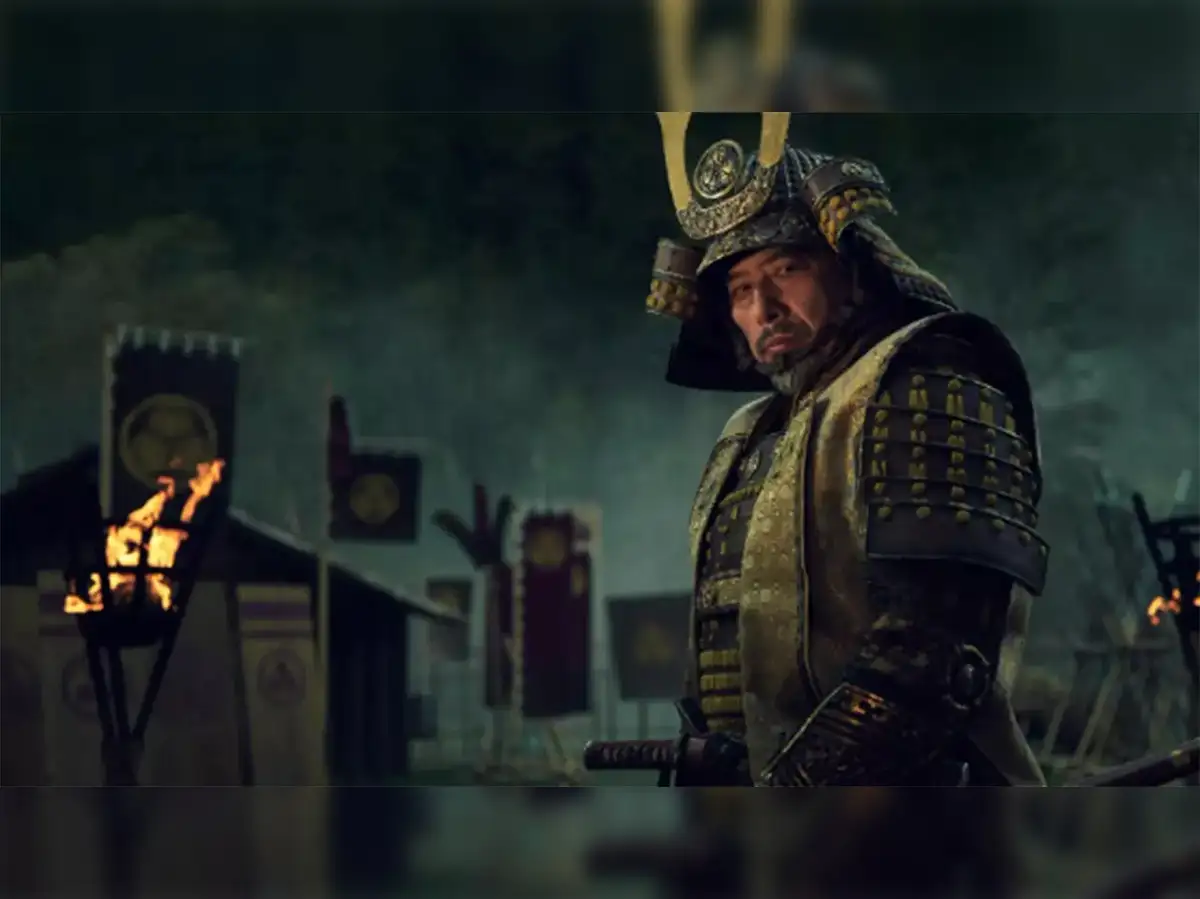Shogun Reborn: How the Legacy of Japans Feudal Lords is Shaping Modern Culture and Business
Shogun Reborn: How the Legacy of Japan's Feudal Lords is Shaping Modern Culture and Business
Image Source: encrypted-tbn0.gstatic.com
In recent years, the ancient world of the shogun has resurfaced in popular culture, thanks to the highly anticipated Shogun show and its modern adaptations. The Shogun TV show, with its rich historical backdrop, is capturing the fascination of audiences worldwide. This fascinating resurgence of interest in the shogunate period is not only creating buzz in entertainment but is also influencing modern business strategies and cultural movements. But what does this revival of the feudal past mean for today’s society?
The Legacy of the Shogun
To understand how the legacy of the shogun is shaping modern culture and business, we must first delve into the historical role of the shogunate. In feudal Japan, the shogun was the military ruler, holding supreme power over both military and political matters, while the emperor remained a symbolic figurehead. This unique political structure has left a lasting impact on the way power and authority are viewed in Japanese society.
Today, the influence of the shogun is being revisited through global entertainment, particularly with the Shogun series, which provides audiences a window into the intricate dynamics of Japan’s feudal system. As the world becomes more globalized, stories of ancient power struggles offer a glimpse into how authority, loyalty, and strategy are still relevant in today’s interconnected world.
The Shogun TV Show and Modern Representation
Image Source: encrypted-tbn0.gstatic.com
One of the key contributors to the shogun resurgence is the critically acclaimed Shogun TV show, which brings the samurai era to life with exceptional performances from actors such as Hiroyuki Sanada, Tadanobu Asano, and Anna Sawai. The highly anticipated Shogun season 2 continues the captivating saga, drawing audiences deeper into the rich, dramatic storytelling of feudal Japan.
Anna Sawai’s portrayal of an integral character brings a new, fresh perspective to the Shogun series, offering insight into the complex roles women played in a historically male-dominated society. Meanwhile, Tadanobu Asano, known for his powerful presence, anchors the show with his deep, multifaceted role, while Hiroyuki Sanada brings his acting mastery to portray leadership and honor within the world of the shogunate.
🎉 Guess what? We have an exciting surprise just for you! 🚀
From Entertainment to Real-World Business StrategiesBeyond the screen, the shogunate era’s influence extends into modern business strategies. The themes of power, control, and hierarchical structures seen in the Shogun show can be applied to contemporary business models. Companies are increasingly using lessons from the shogunate period to refine leadership techniques, especially focusing on loyalty, strategic planning, and the importance of maintaining a strong, unified front.
Take, for example, the concept of "kaizen," or continuous improvement, which draws on ancient Japanese principles of diligence and resilience. This idea mirrors the discipline and commitment that the shogunate leaders embodied, leading their people to victory and prosperity despite challenging odds. Modern entrepreneurs and corporate leaders are adopting similar principles today, applying them to boost productivity, innovation, and sustainable growth.
The Role of Strategy in Business and Entertainment
Image Source: img.etimg.com
Just like the military tactics used by the shoguns, strategic thinking is at the core of business success today. The Shogun series presents a masterclass in the art of war, where every move, every alliance, and every decision had monumental consequences. In the business world, a similar attention to detail is critical when navigating global markets, managing risks, and creating competitive advantages.
Similarly, the resurgence of interest in shogunate-inspired storytelling in shows like the Shogun TV show reflects the growing importance of understanding historical contexts to better predict the future. Entertainment, after all, is a reflection of society, and as more viewers immerse themselves in these powerful tales, they also learn valuable lessons that can be applied to real-world challenges.
🏷️ Amazon's Hottest Deals - Don't Miss Out!⏳
Conclusion: A New Era for the Shogun LegacyThe Shogun show is not just a thrilling historical drama, but a reminder of the enduring relevance of ancient leadership, strategic wisdom, and the complexities of power. With powerful performances from actors like Hiroyuki Sanada, Tadanobu Asano, and Anna Sawai, the Shogun series is making waves in modern pop culture. As we look forward to Shogun season 2, it’s clear that the legacy of Japan’s feudal lords continues to shape not only the entertainment industry but also business strategies worldwide.
The legacy of the shogunate is far from ancient history—it is a living, breathing force that informs modern culture, business, and storytelling. So, whether you're watching the latest episode of the Shogun TV show, considering strategic moves for your company, or diving into a historical novel about Japan’s feudal past, the influence of the shogun is all around us.
Comments
Post a Comment